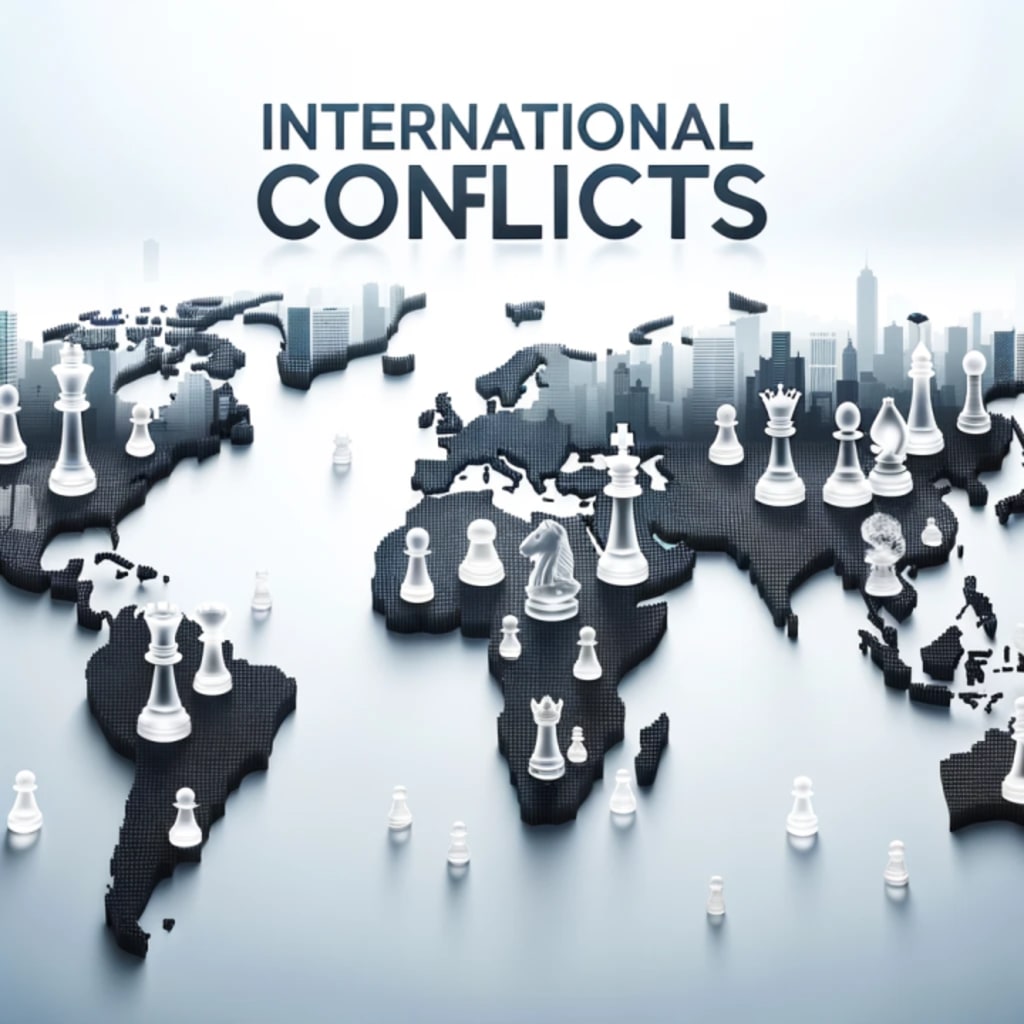
In the complex arena of international relations, the actions and policies of superpowers like the United States are often meticulously analyzed and critiqued. One particularly contentious issue is the U.S.'s potential role in supporting or allowing conflicts between other nations. Such actions can significantly influence global perceptions of the nation's stance on warfare and its broader geopolitical strategies.
Understanding Support in Warfare
The act of supporting or permitting a conflict doesn't necessarily equate to an endorsement of warfare. However, it does indicate a level of involvement and influence. When the U.S. decides to back a conflict, either through financial means or diplomatic allowances, it can be interpreted as a sign that the nation sees some value in the continuation or escalation of hostilities. This value might be strategic, economic, or political, reflecting the complex motives that drive national decisions.
Exploring the Multifaceted Nature of International Relations
International relations are rarely black and white. A myriad of factors can influence a nation's decision to support a conflict:
Strategic Interests: The U.S. might engage in a conflict if it believes that the outcome could serve its national interests or those of its allies. This perspective doesn't necessarily make the U.S. pro-warfare but instead indicates a strategic calculation of risks and benefits, considering the conflict as a potentially lesser evil.
Economic Interests: In a global economy where nations are interlinked, conflicts can significantly impact markets, trade routes, and access to resources. Supporting a conflict might be a way for the U.S. to safeguard its economic interests or those of its allies by influencing the outcome in a favorable direction.
Humanitarian Considerations: Paradoxically, there might be instances where the U.S. believes that supporting a conflict could lead to a quicker resolution, thereby reducing long-term suffering and casualties. This rationale is often intertwined with the notion of imposing stability or democracy in turbulent regions.
Inadvertent Servitude and the Bigger Picture
When nations engage in conflicts, they often become more susceptible to the influence of external powers. This susceptibility can manifest through various means, including financial aid, military support, or diplomatic pressures. Such interventions can significantly alter the course of the conflict and the subsequent post-conflict landscape, frequently benefiting the intervening powers.
Nevertheless, national leaders must balance these broader considerations against their immediate perceived threats and interests. If a conflict is seen as serving direct and vital national interests, the potential benefits accruing to an external power might be considered an acceptable trade-off.
Implications and Cautions
Permitting or supporting a conflict signals a certain stance on warfare and reflects a nation's broader geopolitical strategies. While it's tempting to view such actions as straightforward endorsements of war, the reality is far more nuanced. Every decision is embedded within a web of strategic, economic, and humanitarian considerations, influenced by both internal and external pressures.
At the same time, nations must be wary of becoming unwitting participants in a larger geopolitical game. The immediate lure of addressing direct threats or interests must be weighed against the long-term implications of being entangled in conflicts influenced or orchestrated by superpowers. This consideration is especially poignant in a world where a handful of nations can significantly shape global dynamics.
In conclusion, the U.S.'s potential support or allowance of conflicts between other nations should be viewed through a prism of complexity and multifaceted motivations. While such actions might be construed as a pro-warfare stance, they are often grounded in a deeper matrix of strategic, economic, and humanitarian concerns. As the global landscape continues to evolve, understanding these nuances becomes crucial for both policymakers and the public in deciphering the true nature of international relations and the U.S.'s role within them.





Comments
There are no comments for this story
Be the first to respond and start the conversation.